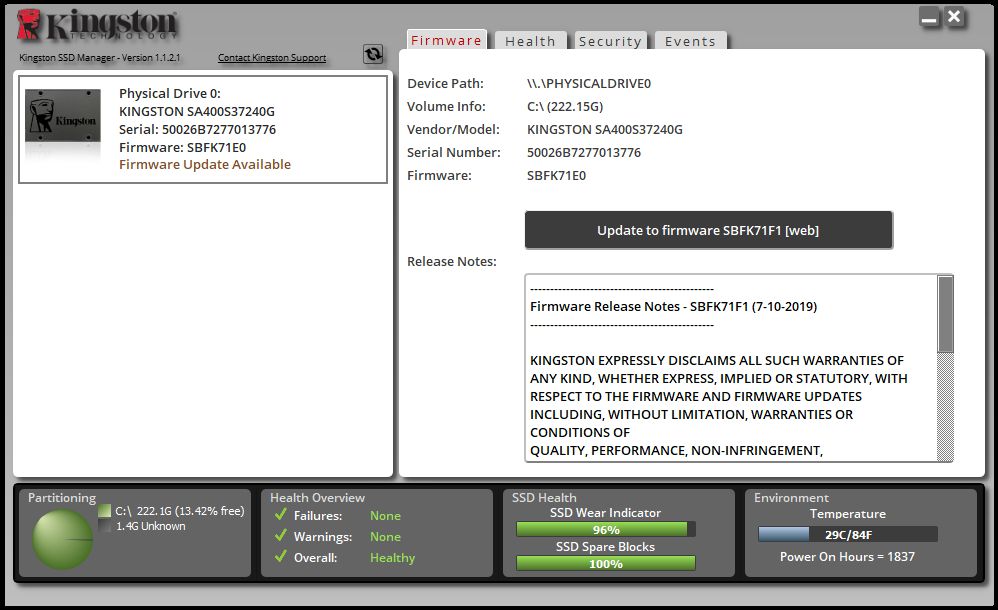
Recent studies have uncovered the beneficial effects of dietary supplements on the immune response, microbiota, gut homeostasis, and intestinal health. Therefore, the rapid development of dietary supplements to improve gut functions and homeostasis is imminent. The intestinal microbiota plays an essential role in the metabolic, nutritional, physiological, and immunological processes of animals. The importance of gut health in animal welfare and wellbeing is undisputable.

In conclusion, the present study provides for the first time in vivo experimental evidence that L-citrulline, and not L-arginine supplementation, improves the end organ microcirculation during conditions with acute arginase-induced arginine deficiency by increasing the NO concentration in tissues. However, only the citrulline supplementation increased NO production and improved microcirculatory flow in arginase-injected mice. L-arginine and L-citrulline supplementation both enhanced plasma and tissue arginine concentrations in arginase-injected mice. Arginase injection caused a decrease in plasma and tissue arginine concentrations. The effects were measured in six groups of mice (n = 8 each) injected intraperitoneally with sterile saline or arginase (1000 IE/mouse) with or without being separately injected with L-citrulline or L-arginine 1 h prior to assessment of the microcirculation with side stream dark-field (SDF)-imaging or in vivo NO-production with electron spin resonance (ESR) spectroscopy.

In this study, we OPEN ACCESS Nutrients 2015, 7 5218 determined the effects of L-citrulline compared to L-arginine supplementation on arginine-nitric oxide (NO) metabolism, arginine availability and microcirculation in a murine model with acutely-enhanced arginase activity. Enhancement of arginine availability with L-arginine supplementation exhibited less consistent results however, L-citrulline, the precursor of L-arginine, may be a promising alternative. Enhanced arginase-induced arginine consumption is believed to play a key role in the pathogenesis of sickle cell disease-induced end organ failure.


 0 kommentar(er)
0 kommentar(er)
